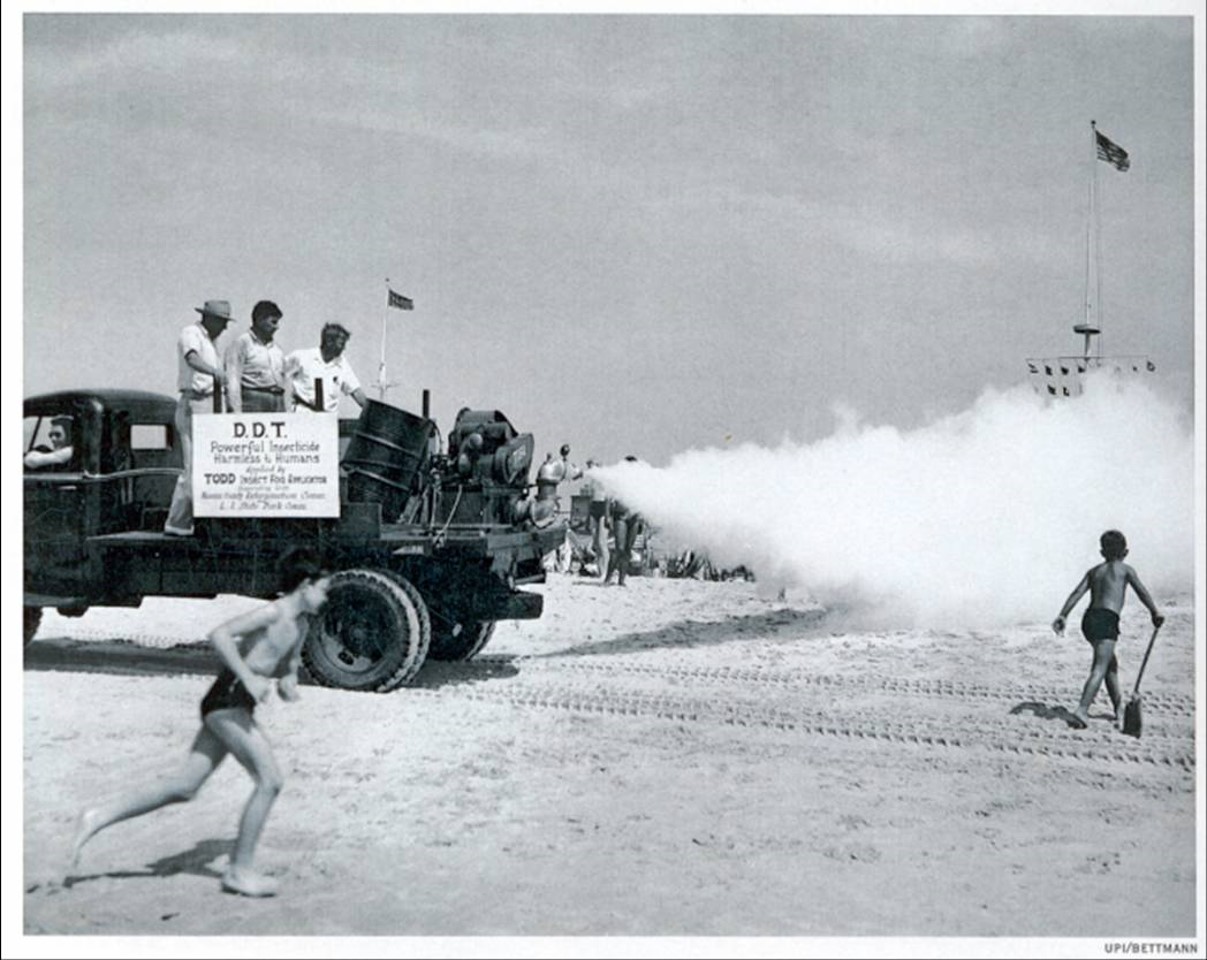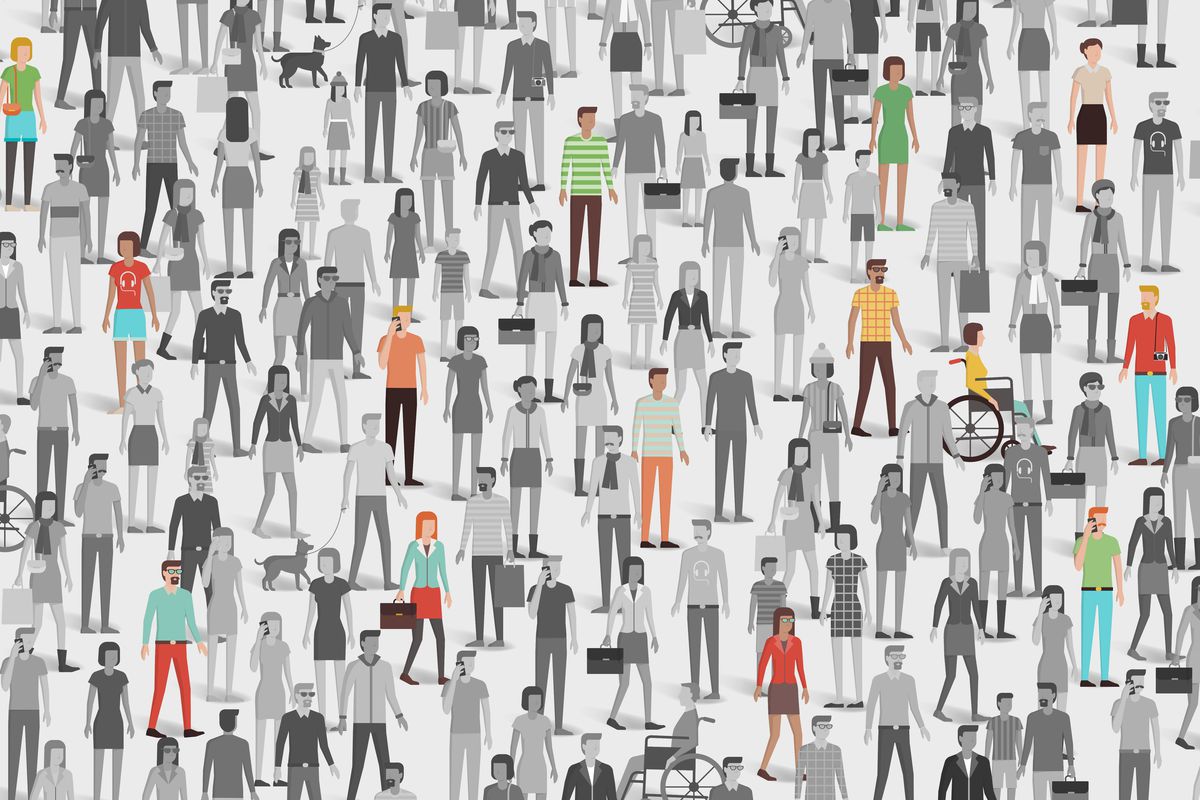Personal Freedom: Understanding Who Has the Most Autonomy in Lifestyle Choices
Personal freedom: understand who have the most autonomy in lifestyle choices
The question of which person has the most freedom to make their own lifestyle decisions touch on fundamental aspects of human autonomy, social structures, and personal identity. This freedom vary dramatically across individuals and is influence by a complex interplay of factors include economic resources, social constraints, cultural context, and personal circumstances.
The multidimensional nature of personal freedom
Freedom to choose one’s lifestyle isn’t a single dimensional concept. It encompasses various aspects of life, from basic decisions about daily routines to profound choices about career paths, relationships, and personal values. To understand who possess the greatest degree of this freedom, we must consider several key dimensions.
Economic resources and financial independence
Peradventure the well-nigh obvious factor influence lifestyle freedom is financial resources. Individuals with substantial wealth broadly have more options available to them:

Source: swwithnick.tumblr.com
- They can choose where to live without being constrained by employment location
- They can pursue interests and hobbies careless of profitability
- They have access to a wider range of goods, services, and experiences
- They can make decisions base on personal preference instead than financial necessity
Financial independence — have sufficient resources to support oneself without depend on others — create a foundation for autonomous decision-making. Those who must work multiple jobs to survive have fewer hours to allocate accord to personal preference, while those with passive income streams can structure their time more freely.
Nonetheless, wealth solely doesn’t guarantee lifestyle freedom. Many wealthy individuals face constraints from business responsibilities, social expectations, or the psychological burden of maintain their status.
Social and cultural context
The social environment importantly shape an individual’s freedom to make lifestyle choices. This includes:
Cultural norms and expectations
Every society have implicit and explicit rules about acceptable behavior. These norms can restrict lifestyle choices in areas like:
- Career paths consider appropriate for different genders or social classes
- Relationship and family structures
- Religious practices and beliefs
- Personal appearance and self-expression
The strength of these constraints vary dramatically across cultures. In more traditional or collectivist societies, deviate from established norms oftentimes carry significant social penalties. In contrast, more individualistic or progressive societies typically allow greater deviation from traditional expectations.
Legal framework and political freedom
Legal systems straight restrict certain lifestyle choices through prohibitions and requirements. The degree of lifestyle freedom is partially determined by:
- Civil liberties protections
- Religious freedom guarantees
- Legal recognition of diverse family structures
- Laws regard personal behavior (substance use, sexuality, etc. )
- Freedom of movement and residence
Political systems that emphasize individual rights typically provide more space for lifestyle autonomy than authoritarian regimes that prioritize conformity and social control.
Family and community influence
Close social relationships can both enable and constrain lifestyle choices. Family expectations, especially in cultures emphasize filial piety or collective decision-making, may limit individual autonomy. Conversely, supportive families and communities can provide resources that expand available options.
Personal characteristics and circumstances
Beyond external factors, individual characteristics importantly influence lifestyle freedom:
Health and physical ability
Physical and mental health conditions can considerably limit lifestyle options. Chronic illness, disability, or age relate limitations may restrict:
- Mobility and travel options
- Career possibilities
- Live arrangements
- Recreational activities
Those with good health broadly have more lifestyle flexibility than those manage significant health challenges.
Education and skills
Knowledge and abilities expand lifestyle options by:
- Increase earn potential
- Provide access to diverse career paths
- Enable inform decision-making
- Facilitate adaptation to new circumstances
Higher education levels broadly correlate with greater lifestyle freedom, though specialized education can sometimes narrow options by create path dependency.
Psychological factors
Internal psychological factors too influence lifestyle freedom:
-
Risk tolerance:
Those comfortable with uncertainty can consider a wider range of options -
Self-confidence:
Belief in one’s abilities enable consideration of more challenging paths -
Adaptability:
Flexibility in thinking allow for adjustment to new circumstances -
Independence:
Comfort with make decisions without social approval expand options
Psychological constraints can be equally limit as external ones. Someone with severe anxiety may have fewer practical lifestyle options than someone with greater emotional resilience, irrespective of their external circumstances.
Who have the most freedom?
Give these complex factors, can we identify which types of people have the greatest lifestyle freedom?
The financially independent
Those who have achieve financial independence — whether through inheritance, business success, investment, or frugal living — broadly have importantly more lifestyle freedom than those live paycheck to paycheck. This includes:
- Successful entrepreneurs who can structure their businesses around their preferred lifestyles
- Early retirees who have accumulated sufficient assets to live without employment
- Individuals with passive income streams that cover their expenses
- Those who have adopt minimalist lifestyles that require minimal financial resources
Financial independence remove one of the virtually common constraints on lifestyle choices: the need to earn a living in ways determine by market forces instead than personal preference.
Digital nomads and location independent workers
The rise of remote work has created a category of people with unprecedented geographical freedom. Digital nomads can:
- Inhabit in locations choose for quality of life preferably than proximity to employment
- Adjust their environment base on personal preferences or seasonal factors
- Experience diverse cultures while maintain income
- Oftentimes structure their work hours flexibly
This lifestyle combine economic sustainability with geographical flexibility, though it requires skills that are in demand for remote work.
Those in progressive, individualistic societies
Individuals in societies that emphasize personal choice and have fewer rigid social expectations broadly have more lifestyle freedom than those in more traditional or conformist cultures. These societies typically:
- Protect diverse forms of self-expression
- Accept non-traditional family structures and life paths
- Have fewer gender base restrictions on behavior
- Allow for religious diversity include non-religious perspectives
The social cost of make unconventional choices is lower in these contexts, expand practical freedom regular for those without exceptional resources.
The psychologically resilient
Those with strong internal resources — confidence, adaptability, and emotional resilience — oftentimes have more practical freedom irrespective of their external circumstances. They can:
- Consider options that others might find besides risky or challenging
- Recover more promptly from setbacks
- Resist social pressure to conform
- Navigate unfamiliar situations successfully
This psychological freedom allow individuals to take advantage of opportunities that others might not yet consider viable options.
The intersection of privileges
The greatest lifestyle freedom typically belongs to those who benefit from multiple enable factors simultaneously. Consider someone who:
- Has achieved financial independence
- Live in a society with strong individual rights protections
- Possess education and skills that are valuable and portable
- Enjoy good health and physical capability
- Has developed psychological resilience and adaptability
Such individuals stand at the intersection of various privileges that conjointly maximize their ability to make lifestyle choices base on personal preference quite than external constraints.
The paradox of choice and constraints
Interestingly, complete freedom can be sometimes paralyze kinda than liberate. Some research suggest that:

Source: annavonhausswolff.org
- Excessively many options can lead to decision fatigue and dissatisfaction
- Some constraints really enhance creativity and satisfaction
- Self impose limitations can create meaningful structure
Many people with extensive theoretical freedom choose to adopt frameworks that limit their choices — whether religious practices, artistic disciplines, or personal values. These voluntary constraints can paradoxically increase subjective freedom by provide clear principles for decision-making.
Freedom as a relative concept
Freedom to make lifestyle choices is finally relative quite than absolute. No one have complete freedom from all constraints, and yet the well-nigh restricted individuals typically have some areas of autonomy.
Furthermore, the subjective experience of freedom doesn’t invariably align with objective measures. Someone with modest resources but clear priorities may feel freer than someone with extensive options but no clear sense of what they want.
Expand personal freedom
For those seek to increase their lifestyle freedom, several approaches can be effective:
Financial strategies
- Building skills that support location independent work
- Develop passive income streams
- Reduce fix expenses to decrease dependence on regular income
- Save and invest to build financial independence
Social strategies
- Build supportive relationships that respect individual autonomy
- Consider geographical locations with cultures align to personal values
- Develop communities base on share interests instead than conventional social structures
Personal development
- Cultivate psychological resilience and adaptability
- Develop clarity about personal values and priorities
- Build health habits that support long term physical capability
- Acquire knowledge and skills that expand available options
Conclusion
The person with the most freedom to make their own lifestyle decisions is not defined by a single characteristic but by a constellation of enable factors. Financial resources, supportive social contexts, personal capabilities, and psychological resilience all contribute to lifestyle autonomy.
Kinda than identify a single category of people with maximal freedom, we can recognize that lifestyle freedom exist on a spectrum influence by multiple variables. By understand these factors, individuals can work to expand their own autonomy within their unique circumstances.
Finally, meaningful lifestyle freedom combine the external capacity to make choices with the internal clarity to make decisions align with personal values. Both components are essential for translate theoretical options into a life that feel truly self determine.



